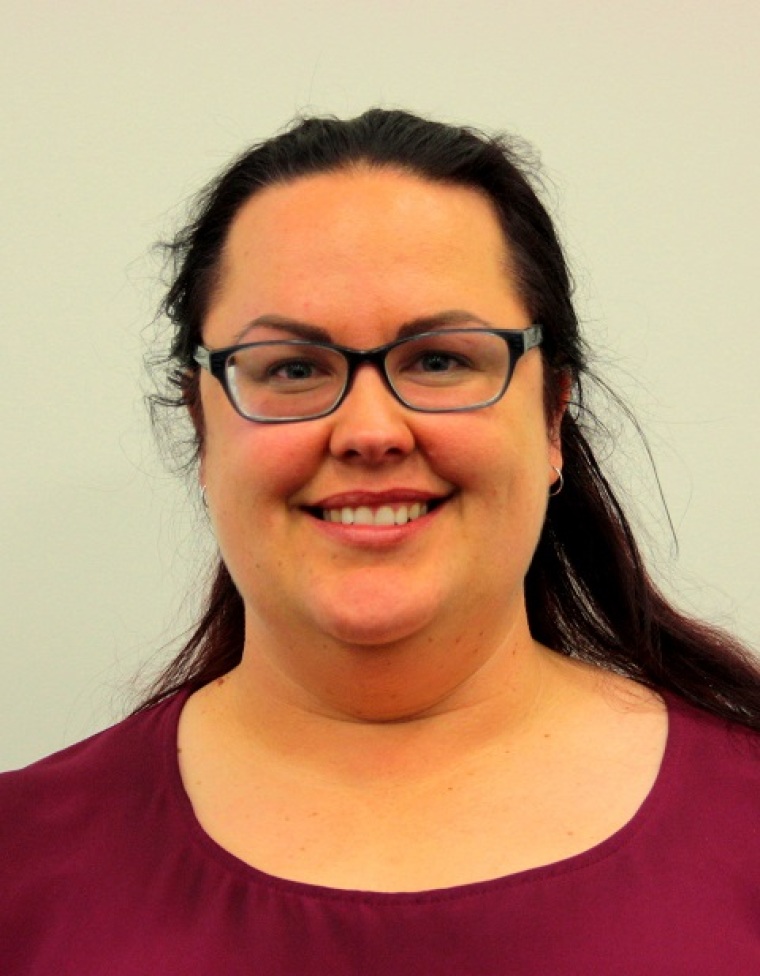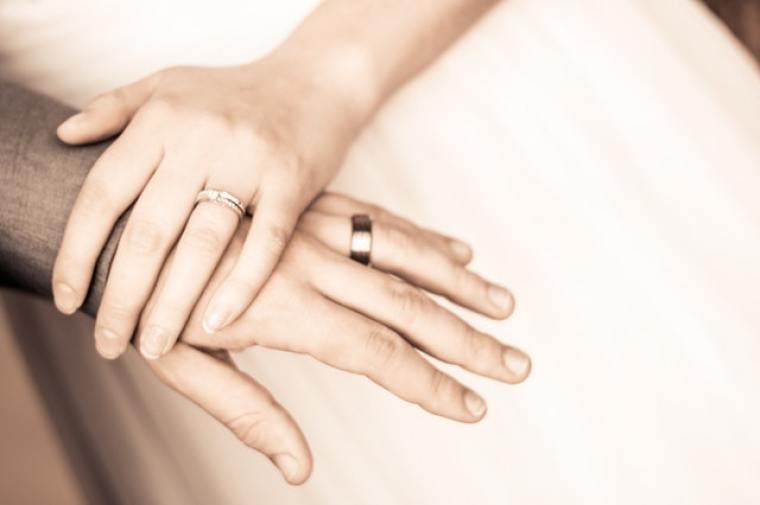

It's a terrible burden, not being perfect.
I've noticed we can disqualify ourselves because we feel imperfect, self-imposing limits on what we can do. I know part of me feels I can't look for solutions or help anyone unless I'm perfect first. There is even a temptation to fake perfection—for the best of reasons: to help others.
For example, I write a health blog and I try to be honest about my journey and mistakes, but it's hard to feel "qualified" to tell other people what you're trying to achieve (health) and ate a family sized bag of chips last night.
One possibility is to deny all knowledge of chips and pretend such evil things would never pass my lips; "Who me? No, I only ever eat organic, gluten-free, sugar-free, non-processed, refined oil-free whole foods."
The other is to admit it, knowing that some of my followers striving for health will feel betrayed and believe that the plan I follow is at fault.
I know it's not healthy eating that's let me down; it's my own desire for short term enjoyment. But it's hard to know if posting about my failings is helping or hurting.
It's the same with Christianity.
I'm not perfect, I'm rude and judgy
I once, very rudely, told a friend off for a Facebook post saying she was moving in with her boyfriend. As she was an avowed Christian I thought that would mislead her Facebook friends about what (I thought) God's plan for marriage and sex is.
Needless to say I hurt her feelings.
Was she right to be honest about what she was doing, regardless of the fact that it wasn't a great example? Would it be any more right to pretend online that she wasn't doing it?
I have no answers, but I do know it's hard.
When I'm feeling extra vulnerable and like a terrible Christian it can be hard to share my faith.
I know I'm on a journey towards good. But it's clear to all that I've still got issues.
How can I tell people that God is the answer despite problems? If I believe the right things, why is my life a mess?
Spirituality is tricky, so I'm going to look at it the way I look at my health blog.
Despite the fact I ate a family sized bag of chips and my health is a mess, I know the plan I am working on is the right one and my desire for health is good. Long term health is on the way.
I'm not going to wait until I have perfect health to connect with people going through the same thing and I'm not going to pretend to be perfect either.
Pretending perfection causes more trouble than its worth.
Look at the Christian leader who teaches dogmatically on moral purity with great authority—it's extra-disappointing when their promiscuity comes out after years of pretence.
If they had admitted it's something they struggled with, the fall from grace would seem less severe. People would forgive and trust again.
I also know churches where leadership sins are not openly admitted, because of the churches' good names—understandable. Yet for those who know the truth, the hurt of the deception often ends up worse than the impact of the sin.
Perfection is a process
Hebrews chapter 12, verse 2 makes clear that it is Jesus who is both the author and perfector of our faith. Knowing it's not our own efforts that will complete us makes it easier to admit our imperfections.
It's not about trying harder. It's about letting Jesus work in us, during all our mistakes and issues—trusting that one day we will be perfected.
Philippians chapter 1, verse 6 agrees, saying that we can be confident that the one who began the good work in us will carry it out to completion.
Despite all our flaws, faults and downright betrayals of our faith we still know God's plan is not at fault.
Our desire for God's plan is good, and long term perfection is coming our way. But let's not wait until we have it perfected to connect honestly and openly with people on a faith journey.

Personally I hope admitting my failings won't turn people away from God but I know dishonesty will turn people away. One day I will be perfected and completed but today is not that day.
Kara Greening trained in biology, works in chemistry and wonders about the physics of the TARDIS. She is passionate about exploring her faith and being wholehearted in life. She lives with her husband. They have no human children but do have a cat named Sampson. Sampson was recently fat-shamed by the vet.
Kara Greening's previous articles may be viewed at http://www.pressserviceinternational.org/kara-greening.html